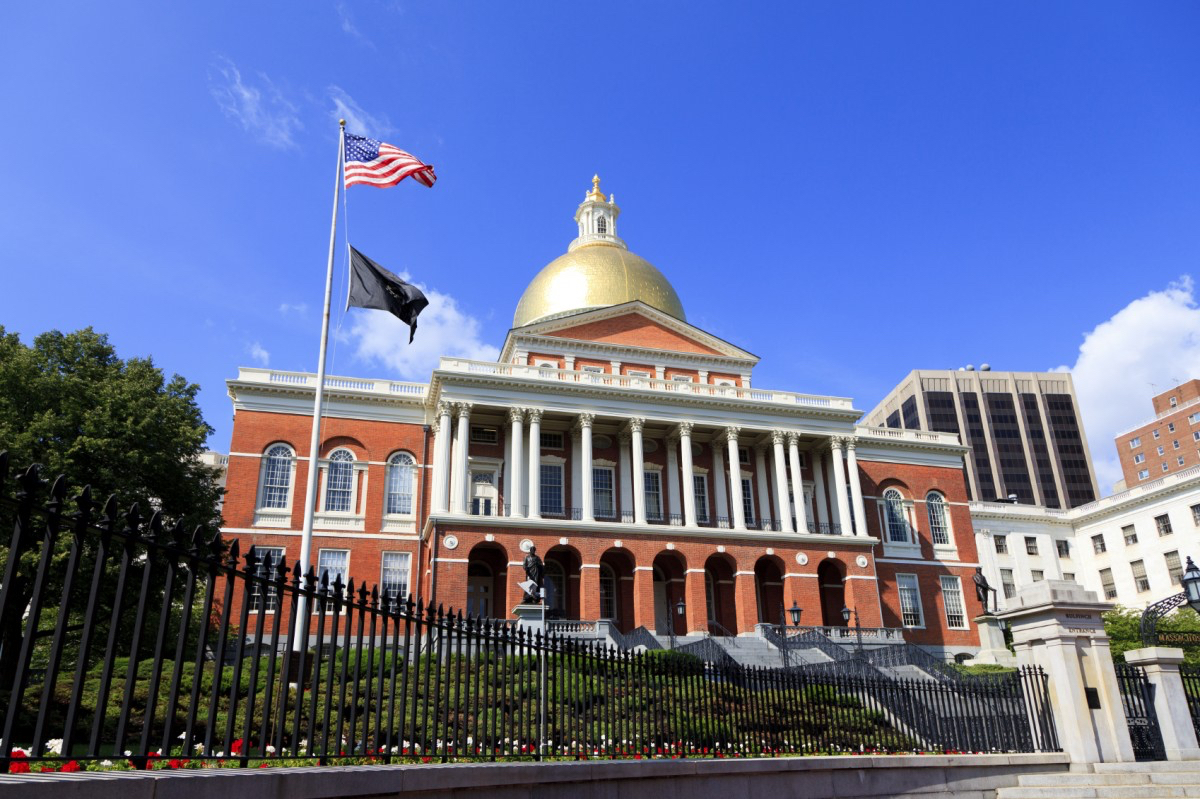The Transgender Rights Bill Battle Still Isn’t Over, Apparently

PHOTO VIA ISTOCK.COM/MIZOULA
Just when you thought decisive passage of a landmark bill at the State House this year put the issue behind us, opponents of the state’s transgender rights law, which Gov. Charlie Baker signed into law last month, hope they can drag out the fight until 2018.
A group of activists called Keep MA Safe is now recruiting volunteers for a campaign to get a question on the ballot in the election two years from now to repeal the law, an effort for which the first hurdle is a requirement that they collect about 32,000 signatures by October. The referendum would ask voters whether to walk back the new protections, which are designed to shield trans people from discrimination in public places like parks and restaurants, and also make it illegal to keep people from using bathrooms that correspond with their gender identity, rather than the identity assigned to them at birth.
And as the Boston Globe reports today, they have help from Chanel Prunier, the ousted former national Republican committeewoman for Massachusetts and a crusader against abortion and marriage equality rights who lost her seat to a Gov. Charlie Baker-backed opponent earlier this year. The Boston Herald last week also reported that Prunier had signed on with the campaign.
“I believe the law is a serious threat to the safety and privacy of women and children, as well as completely unnecessary given protections that were already in place and current cases taken up by MCAD,” Prunier tells the Herald, referring to the Massachusetts Commission Against Discrimination.
She will lead the campaign, backed by the Massachusetts Family Institute, on behalf of those who believe predators might pretend to have a transgender identity to gain access to a bathroom or locker room—perhaps using that access to commit a crime like sexual assault, or, as the group’s website puts it to “fulfill any number of deviant desires.”
That was the argument that has propelled opponents to transgender protections in the state for years, and also has fueled debate around the country over so-called “bathroom bills.”
Studies show incidents of criminals using women’s clothing as disguises are so rare as to be essentially nonexistent, but the campaign has other ideas on that front. Its organizers, for example, posted a link on Facebook to a series of articles from around the country about supposed abuse of transgender protection laws—nearly all of them cases in which a sexual predator was arrested for doing things that are illegal: “Man in Barbie costume attacks woman in bathroom,” “Former Martinsville Chili’s Manager Arrested After Videotaping Women in Restroom.”
A logo used by the Family Institute this year featured a blue stick figure appearing to peer over a bathroom stall at a pink one. Another logo has a grey stick figure leering at a pink one from behind the letter “A” in the word “safe.”
The trans rights bill passed overwhelmingly at the State House. It includes language that would add an extra penalty for those who feign a transgender identity for an “improper purpose.”
Freedom Massachusetts, the group that rallied support for the transgender protections bill’s passage, released a fiery statement from co-chair Kasey Suffredini last month about the group’s plans to repeal the law:
Let’s call this what it is: A last-ditch attempt by a radical right-wing fringe group to repeal a law supported by a majority of Bay Staters, passed by a bipartisan supermajority of lawmakers, and signed into law by our Republican Governor. This is the same organization that insisted same-sex marriage would harm children, which underscores their lack of credibility. Over the past year, thousands of Bay Staters and hundreds of businesses, clergy, anti-violence advocates, law enforcement members, labor unions, civic leaders and sports teams have already made it clear: discrimination has no place in Massachusetts.
But activists still think they have a shot at killing the law.
“[T]he battle for privacy and safety in public accommodations in MA is not over,” wrote Massachusetts Family Institute President Andrew Beckwith on the organization’s website, in July. “As of today, it has only just begun.”


